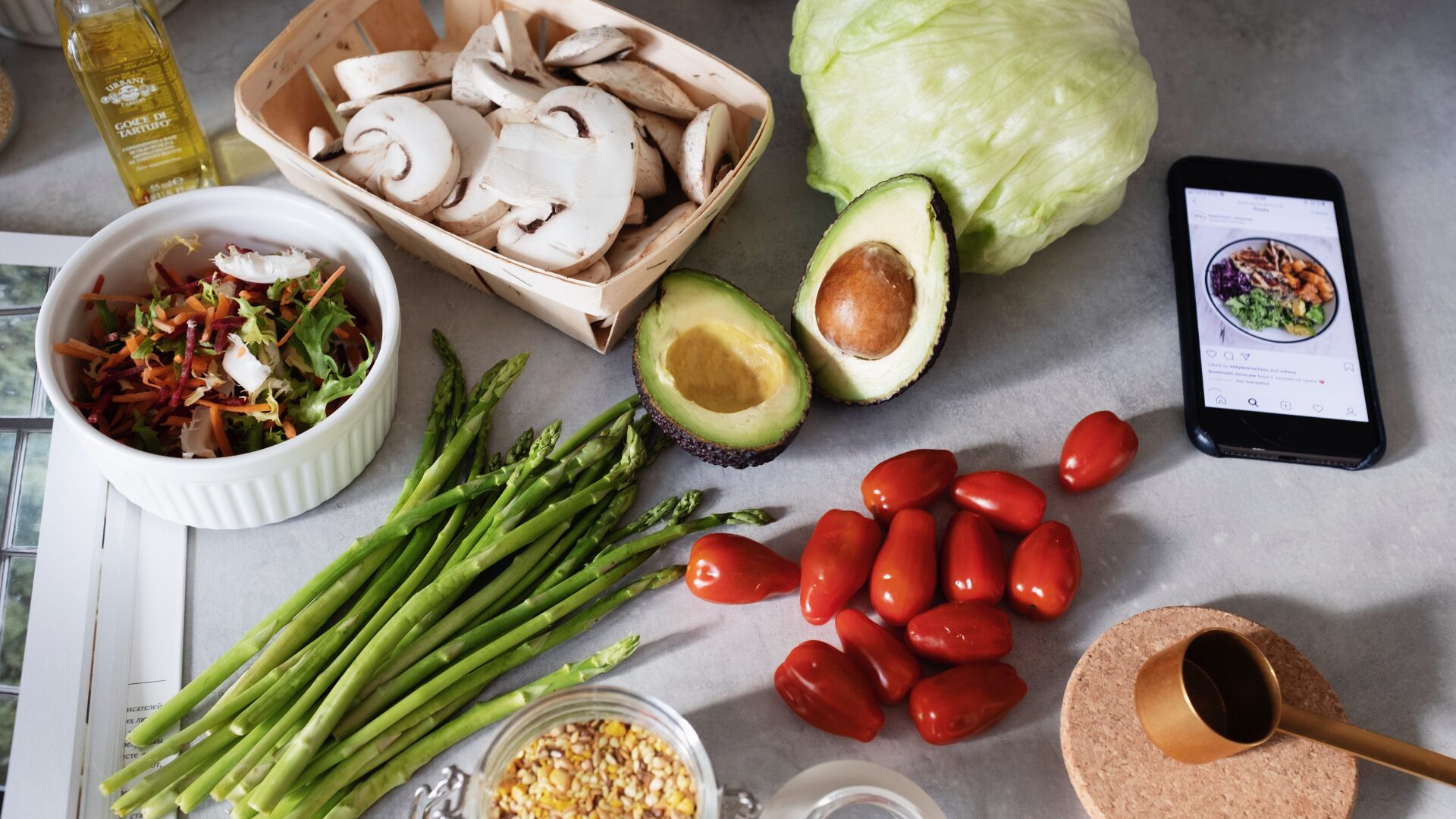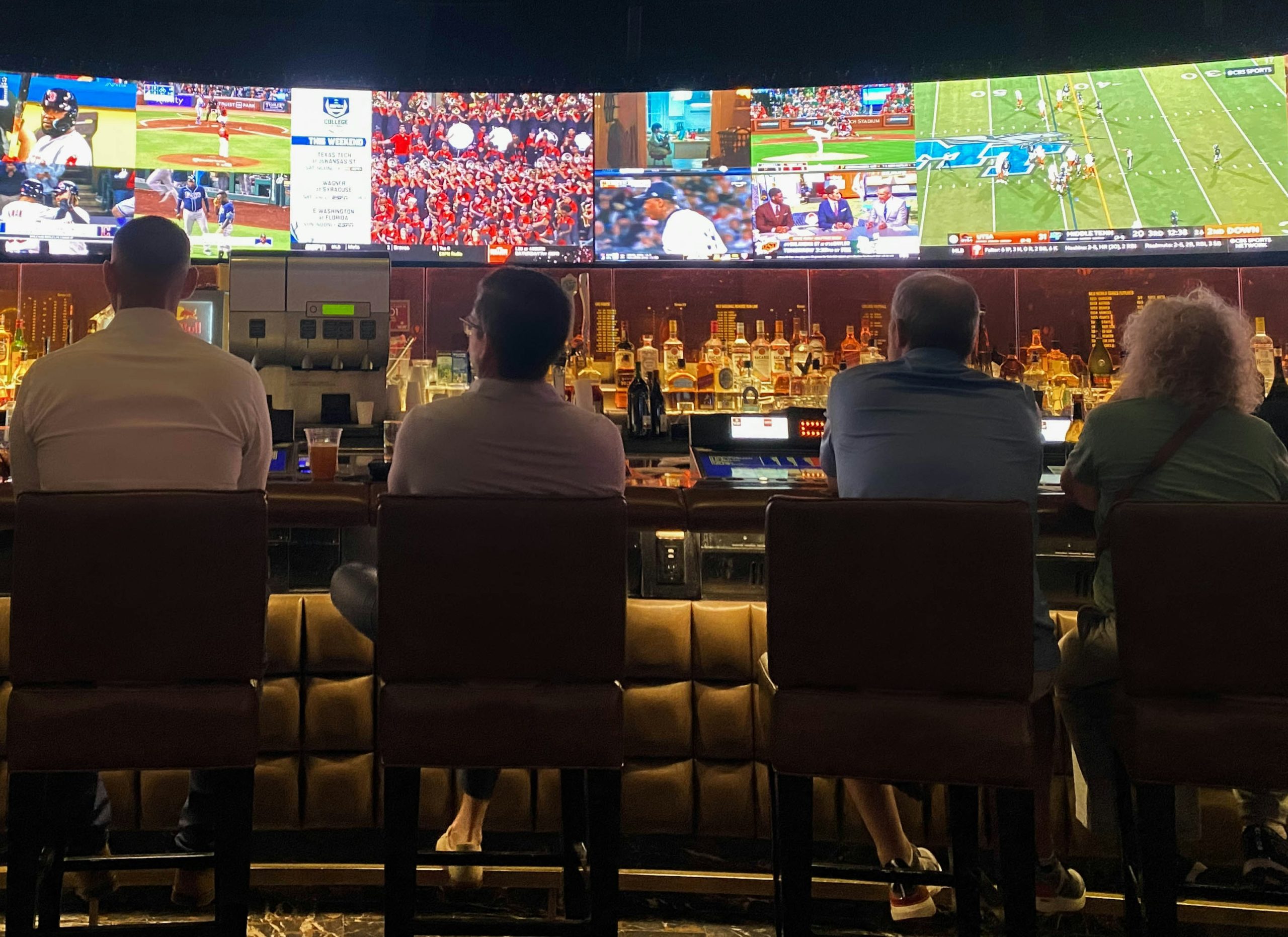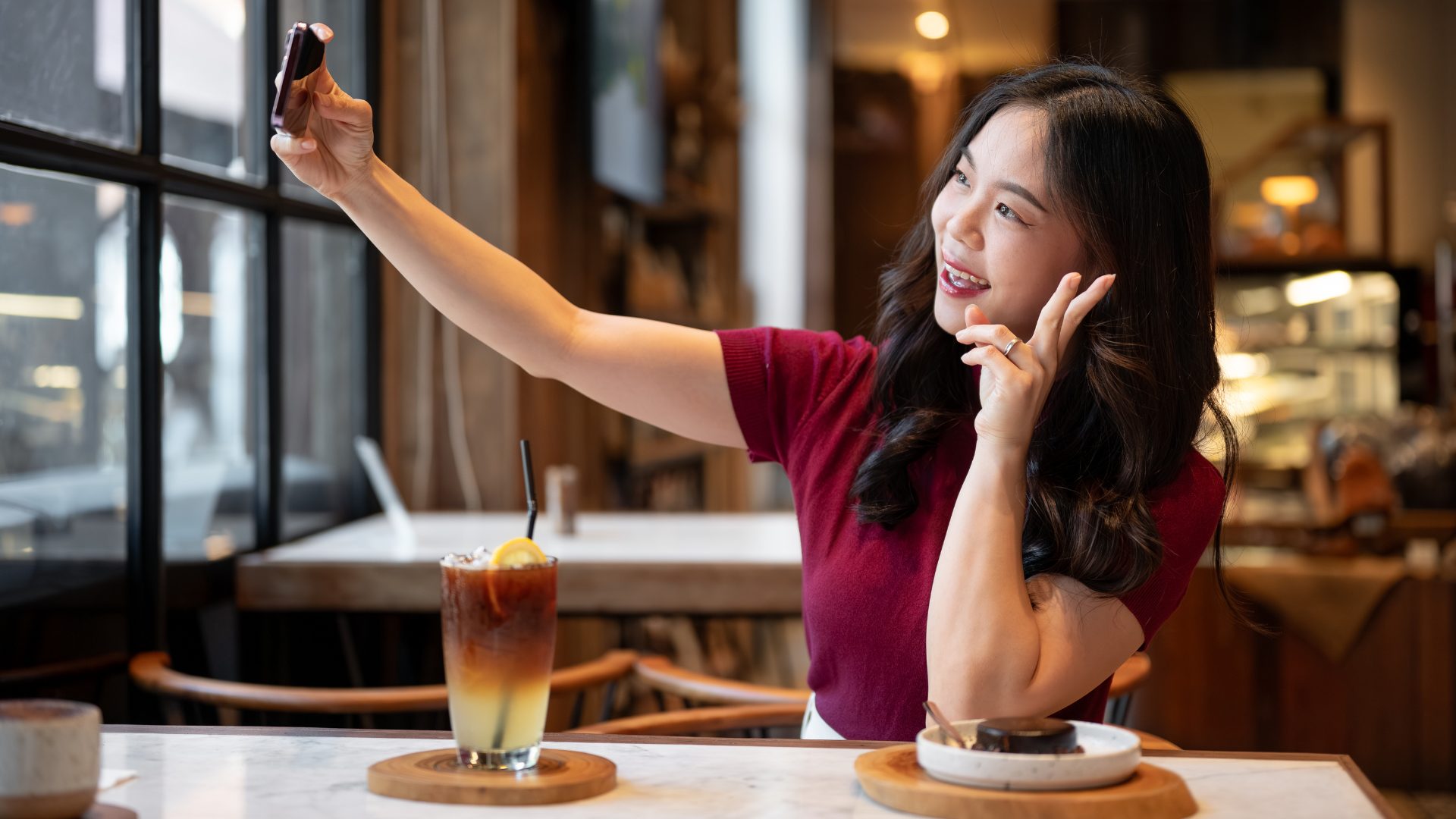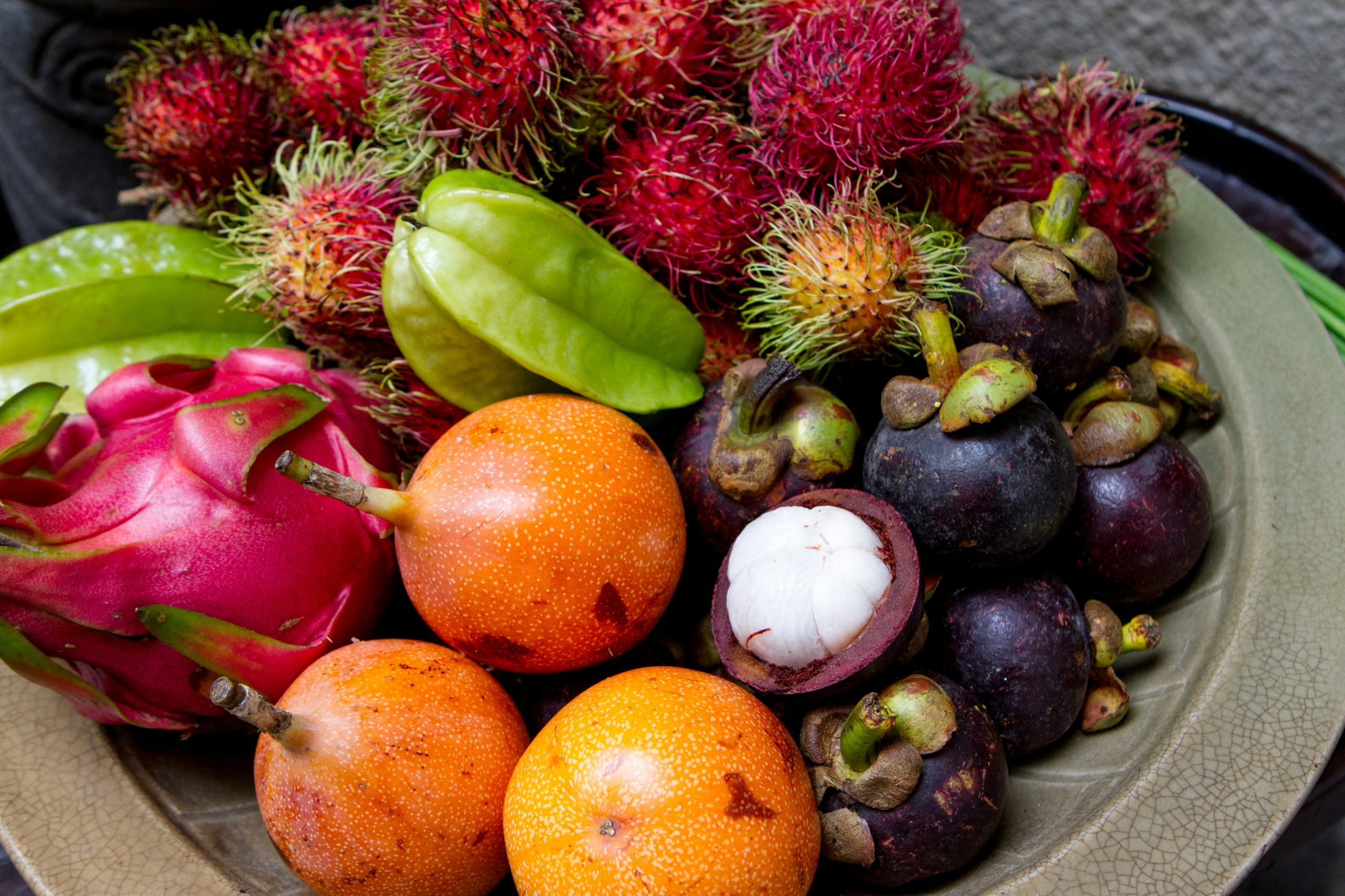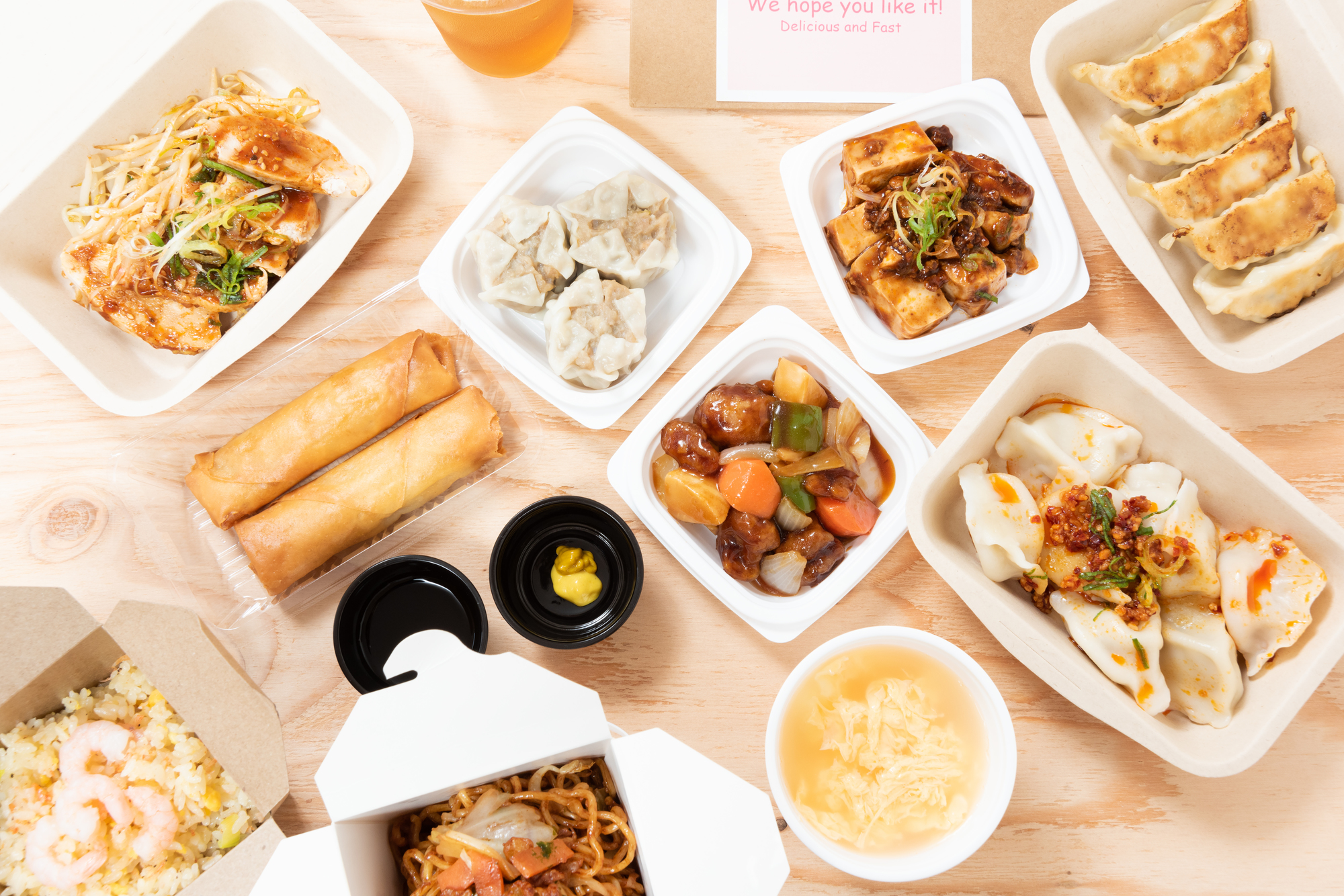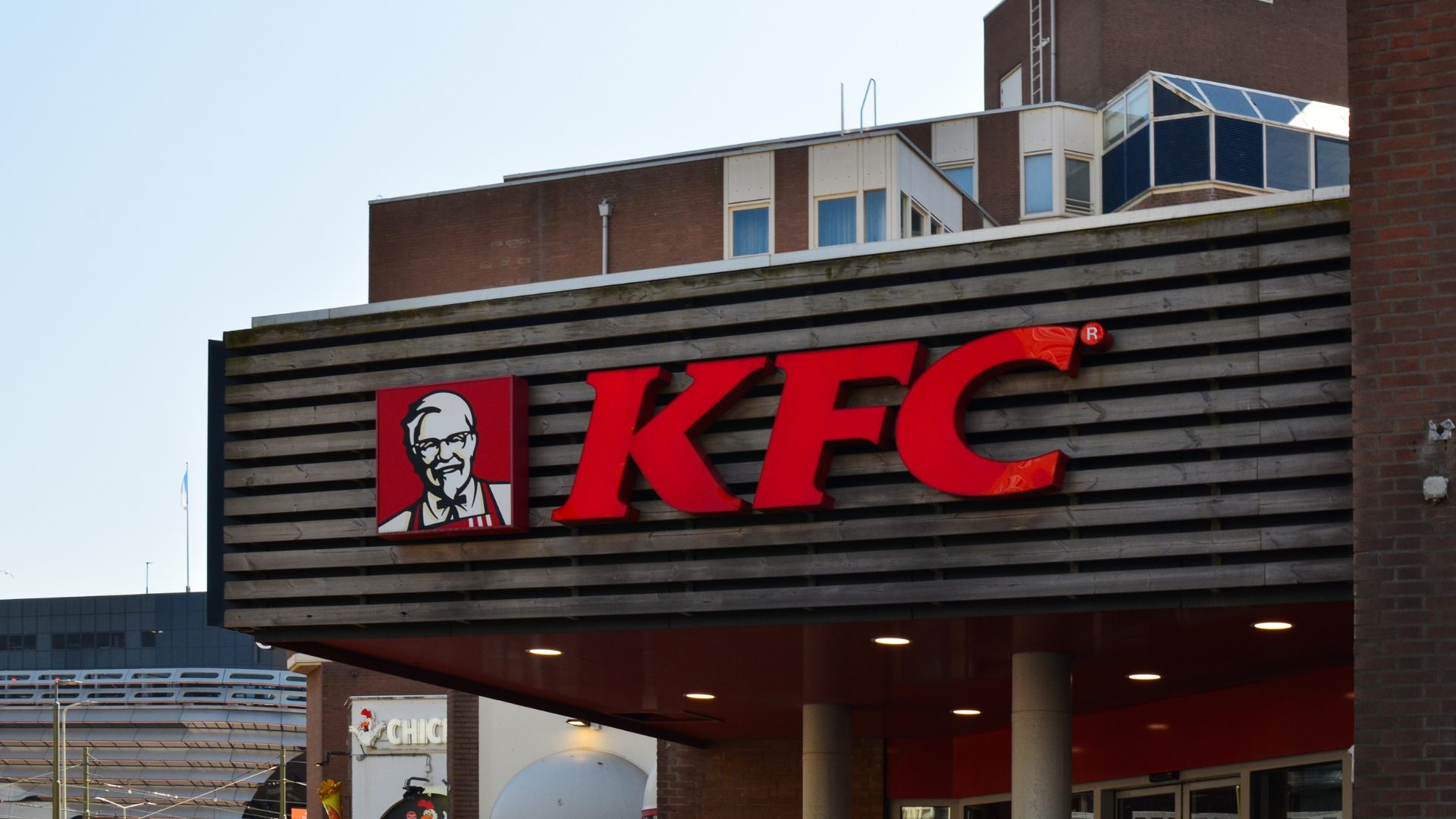Food is now the fourth-most popular topic on the internet, rising from 17th in 2009, reported The Economist.
Social media has driven much of this shift, democratizing the culinary sector in a way that parallels the internet’s impact on the music industry.
“Music production was once controlled by a niche group of producers with expensive computers, large studios, and ongoing training, while depending on record labels or artists willing to spend tens of thousands on recording,” said Bob Bradley, a publicist with decades of experience in the music and food industries.
“Today, you can visit YouTube, TikTok, or Instagram for tips from your favorite producers and mixers to fast-forward your production acumen without spending thousands of dollars on education or professionals,” Bradley told FI.
A Platform for All
In both camps, professionals remain in high demand; however, they’re no longer an absolute necessity.
“We’ve moved from seeking culinary wisdom from physical cookbooks or TV superstars to learning how to make a crème brûlée from influencers that’ll guarantee 1K-plus views,” Bradley explained.
Like anything, this phenomenon has its pros and cons.
Katherine Sprung uniquely straddles the fence between traditional and social media as the founder of Squish Marshmallows and a past Chopped Sweets winner.
Though she started her company before TikTok launched, she promoted it through static Instagram posts with great success.
“It’s amazing to have spaces where people can share their thoughts, tips, hacks, and skills in an open format,” Sprung told FI.
“Where things get dicey is when people share a recipe but don’t understand food safety. Improper displays of cooking meat are found all over TikTok, which can lead to illness.”
Everyone can have a platform these days, but not everyone uses it responsibly, blurring the line between fact and fiction – especially for Gen Z users, as 46% consult social media for info instead of search engines.
Misinformation abounds on social media, and though much of it is relatively harmless, such as snackfishing (promoting fake products), it can also be dangerous – and even deadly.
And while misinformation happens on every platform, it spreads fastest on TikTok.
The Unique Appeal of TikTok
Alex Schwartz, marketing manager for the restaurant-tech company Signature Systems, started leveraging TikTok to promote a food influencer in 2020 when it was still new to the U.S.
“With a fraction of our spend on other platforms, we could generate 3-5 times more views,” Schwartz told FI.
“TikTok is still the most pure algorithm in the larger social media ecosystem, meaning that good content – regardless of who posts it – is much more likely to be seen.”
The impact is measurable, as viral trends have resulted in ingredient shortages ranging from cucumbers to caviar.
“Small restaurants that get featured see huge increases in customers and sales almost immediately,” said Megan Balyk, VP of Jive PR + Digital.
While restaurants like Al Zein Shawarma & Grill have benefited from such exposure, others have become embroiled in controversy.
A positive review from a TikTok food critic with 16.8 million followers initially boosted sales for FOB Sushi Bar. However, a backlash unfolded when internet “detectives” noticed what looked like a worm in his sashimi, prompting it to shut down for weeks.
For brands recovering from scandals, Balyk shared the following tips:
- Address issues early on: “Own up to mistakes, explain how you’re fixing things clearly, and avoid confusing corporate language.”
- Enlist help: “Influencers or brand ambassadors can make a big difference in smoothing things over.”
- Learn from mistakes: “In today’s fast-changing landscape, being able to adapt and bounce back is what keeps brands successful.
The Food Institute Podcast
Is it possible to balance a legacy brand and innovative ideas for a food company? Bibie Wu, chief communications and technical development officer with Del Monte, shares how her company respects its past while looking to the future, and how her dual roles in marketing and product development inform each other and improve the company.


